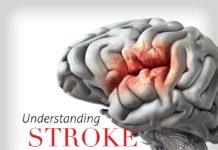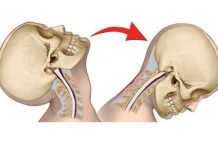Nootropic-like Effect of Ashwagandha (Withania somnifera L.) in Mice
Dhuley JN
Laboratory Pharmacology and Toxicology,
Research Centre,
Hindustan Antibiotics Ltd,
Pimpri, Pune 411 018, India.
djayant@usa.net
The term nootropic refers to a wide range of artificial and natural compounds which are thought to enhance cognitive function.
Ashwagandha (Withania somnifera L.) root extract (50, 100 and 200 mg/kg; orally) improved retention of a passive avoidance task in a step-down paradigm in mice. Ashwagandha (50, 100 and 200 mg/kg; orally) also reversed the scopolamine (0.3 mg/kg)-induced disruption of acquisition and retention and attenuated the amnesia produced by acute treatment with electroconvulsive shock (ECS), immediately after training. Chronic treatment with ECS, for 6 successive days at 24 h intervals, disrupted memory consolidation on day 7. Daily administration of ashwagandha for 6 days significantly improved memory consolidation in mice receiving chronic ECS treatment. Ashwagandha, administered on day 7, also attenuated the disruption of memory consolidation produced by chronic treatment with ECS. On the elevated plus-maze, ashwagandha reversed the scopolamine (0.3 mg/kg)-induced delay in transfer latency on day 1. On the basis of these findings, it is suggested that ashwagandha exhibits a nootropic-like effect in naive and amnesic mice.







